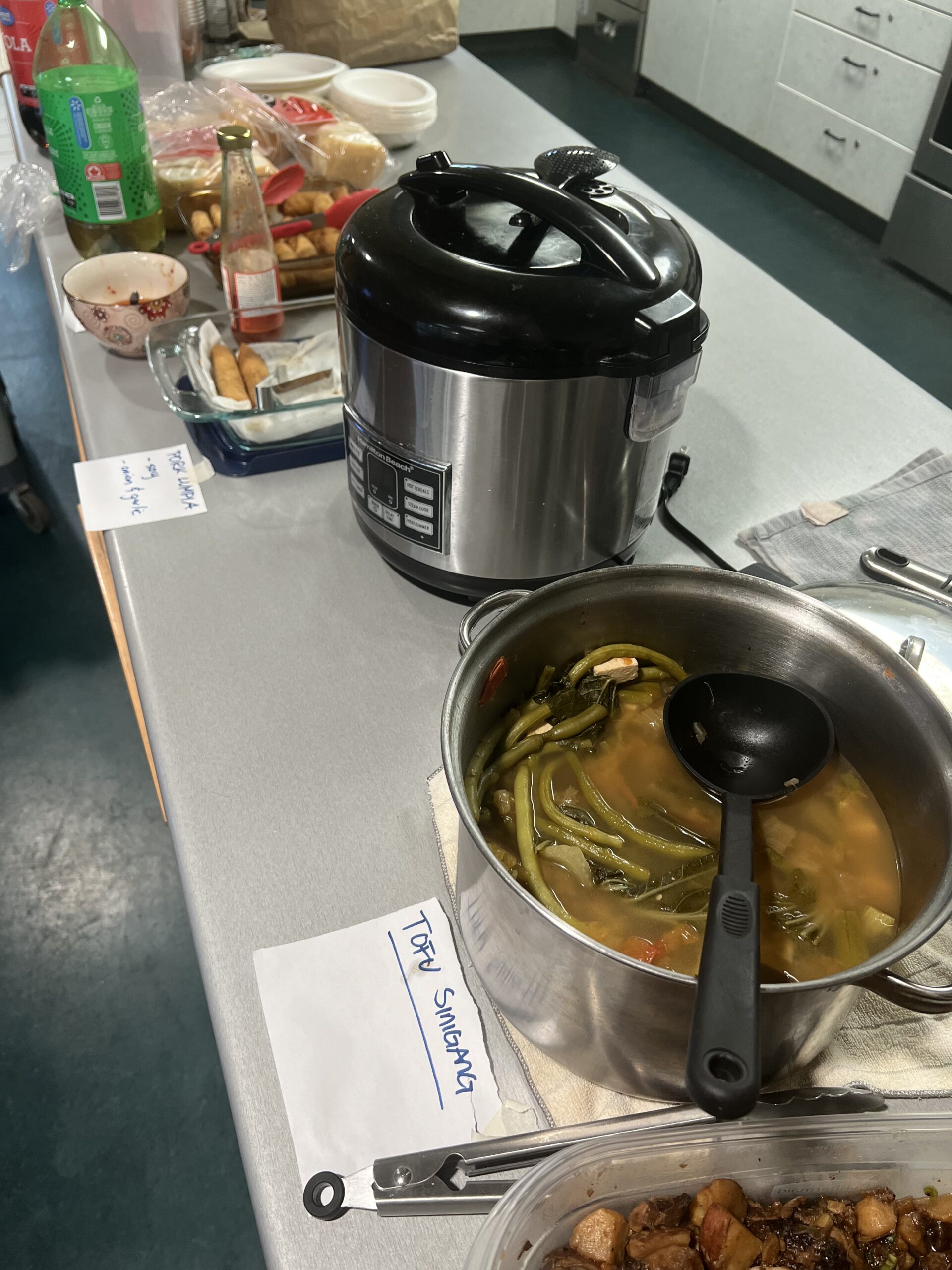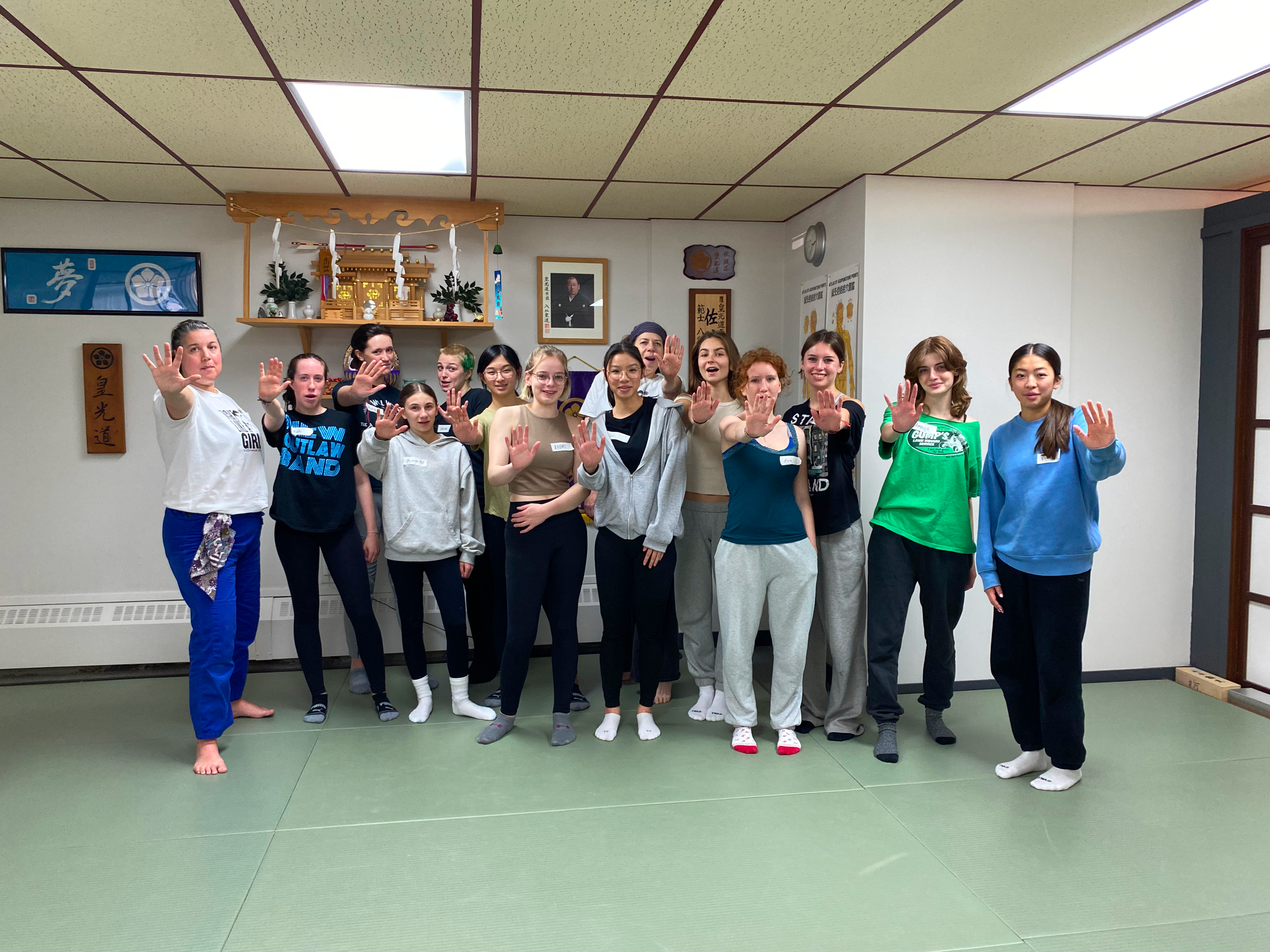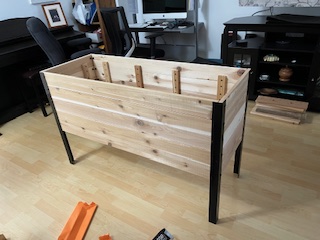From June to September 2023, my neighbor-turned-friend (nickname: Jean) and I organized bi-weekly “Tagalog Time YVR: Conversation Classes” for Filipinos/non-Filipinos and their loved ones. We met our participants while flyering/postering and our friends referred their co-workers/friends they knew who lived close to us. We flyered/door-knocked 3 times in May before setting the first date in June, which is Filipino Heritage Month. It was important for us to talk to people in person so that we could hear people’s ideas on Tagalog lessons and also ask them what they thought about living in Vancouver.
At our first meeting, we had 10 people! 4 people were from our outreach sessions, and the remaining 6 were referrals who lived in Renfrew or Hastings-Sunrise. We were surprised because we only got 5 emails while doing outreach.
For the 8 conversation classes, attendees ranged from 24 – 37 years old, and 5 people attended regularly. Our average attendance was 8 people at each session. We had two facilitators at each session – Jean was the “regular” facilitator and participants took turns co-facilitating one class. Initially, not everyone was comfortable doing that, but we eventually agreed that co-facilitating a class would help us improve our Tagalog because it meant putting extra time into co-preparing the lesson with Jean. At our final assessment (September 30), 7 out of the 8 people agreed that challenging ourselves to co-facilitate a lesson was “nerve-wracking” and “sometimes slightly embarrassing” but equally “fun and a good challenge.” At one meeting, an attendee, Lola (“grandmother”) came for 30 minutes and taught us some basic travel phrases in Visayan (another language used in the Philippines but in the Visayan and Mindanao region).
Myself, Jay, and 1 or 2 other people would join us an hour before to prepare Filipino snacks/meals for all of us to enjoy after our class. Some attendees contributed $5-$20 for ingredients. Our class was usually 1.5-2 hours, and most folks stayed for 2 hours after to eat and talk. It was during meal time that we learned more about each other and our stories of migration from the Philippines to Canada. The heartache for home is very real, but we felt less alone being with each other. We wouldn’t have met each other if we didn’t meet folks in person or pester our friends/family to promote Tagalog Time to their networks. In between classes, some of us would also hang out at a park or help each other (e.g. moving in/out, getting groceries together, dropping off food when sick). At the end of our last session, each person shared that they felt like they were part of “something bigger in the community” and wanted our gatherings to continue. Two of the older attendees shared that our gatherings exemplified the spirit of “bayanihan,” – which is one of the most prominent Filipino values.
Jean and I are glad that we didn’t plan the classes by ourselves and really leaned on support from the attendees. We both prefer to work independently, so I’m glad I pushed Jean to consider not just teaching me Tagalog but opening it to others who want to (re)connect to their Filipino heritage.
Note: Participants were not comfortable having their photo taken, so I attached a photo of the last meal we made together – tofu sinigang and pork lumpia (attendees wanted to meet 2 hours before the meeting to prepare the food together and catch up).
Share post:


